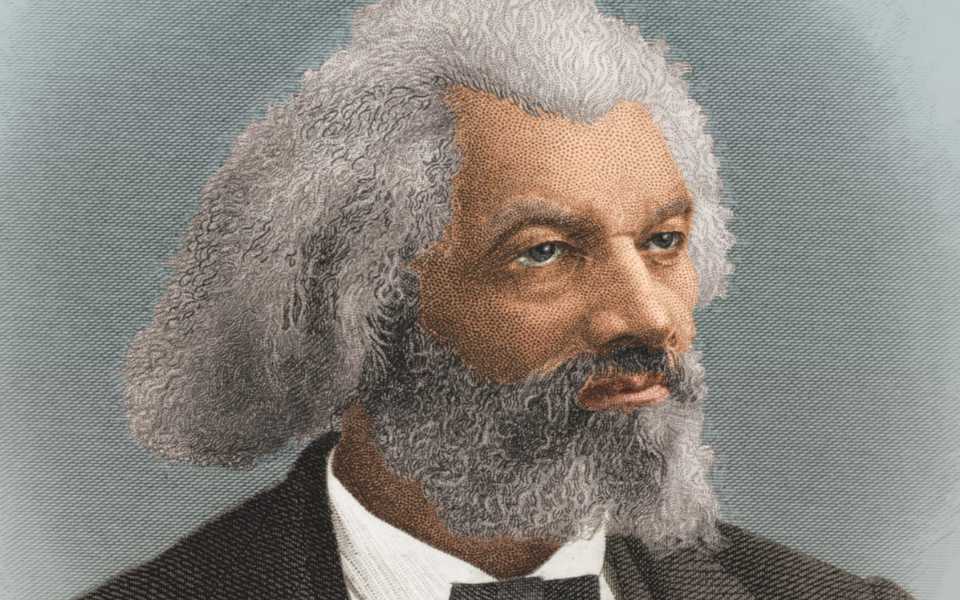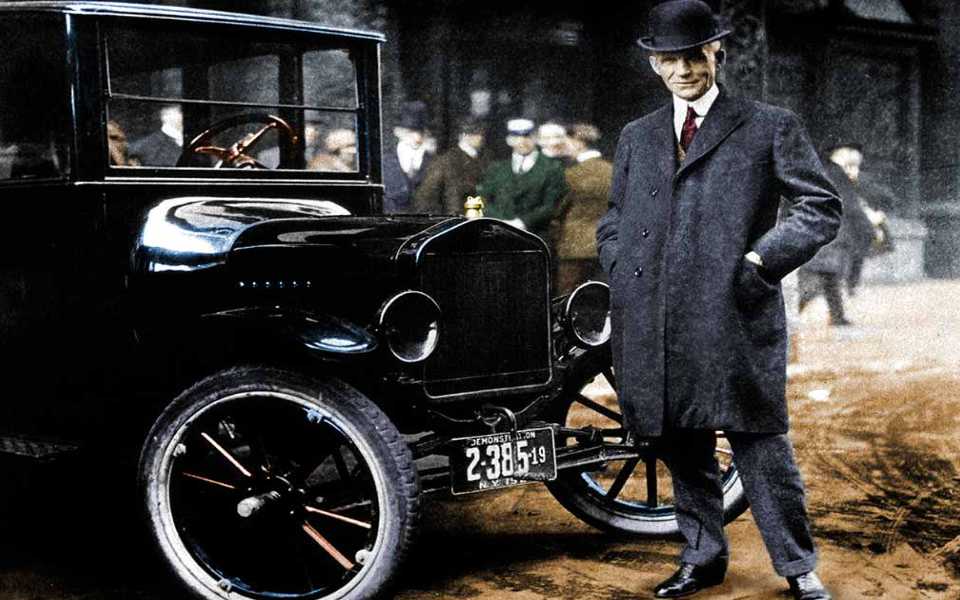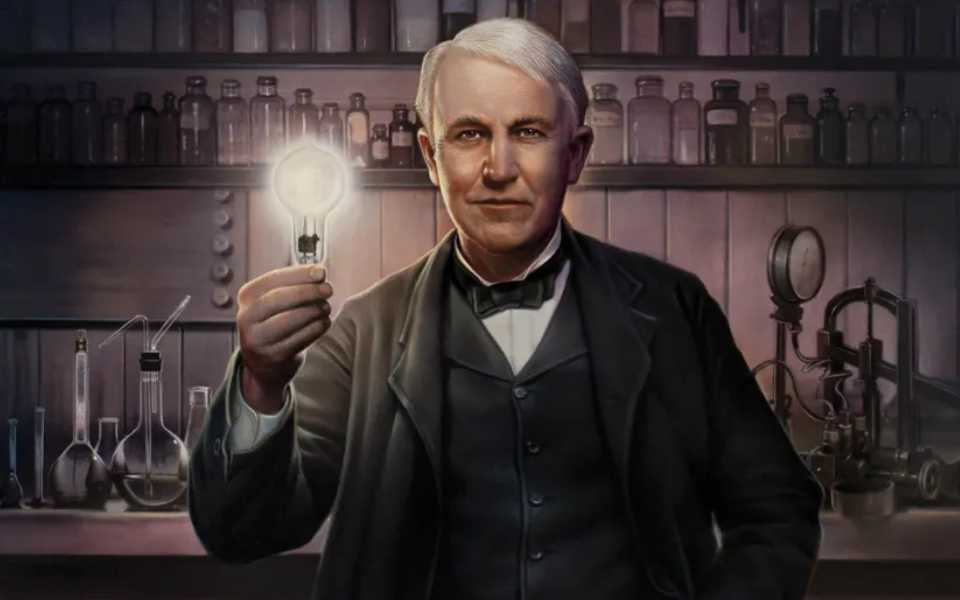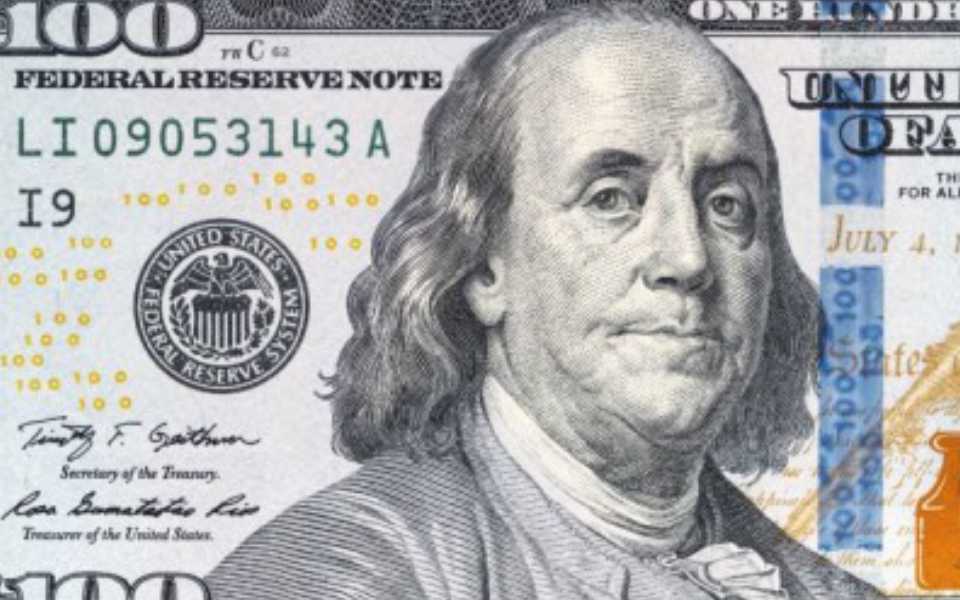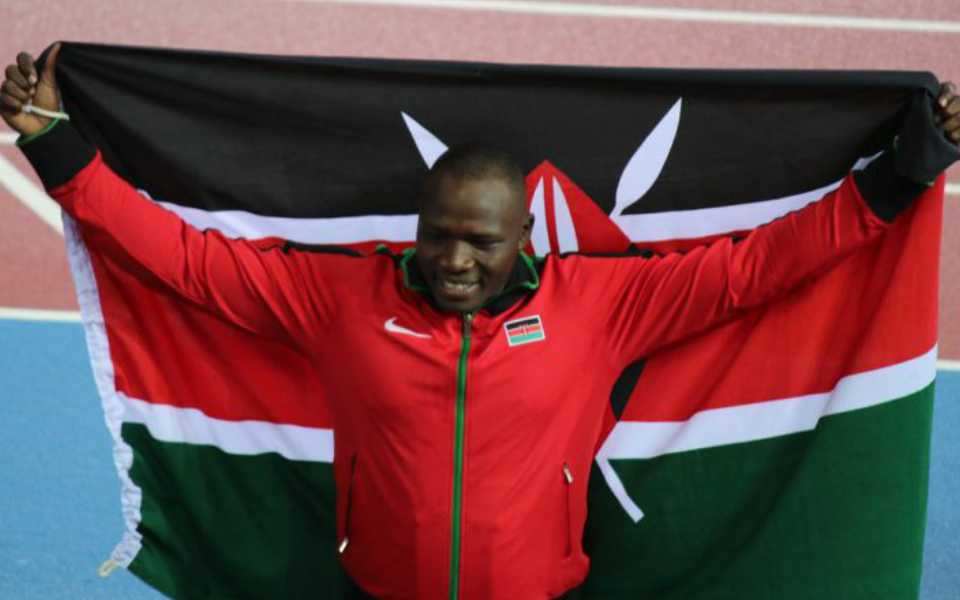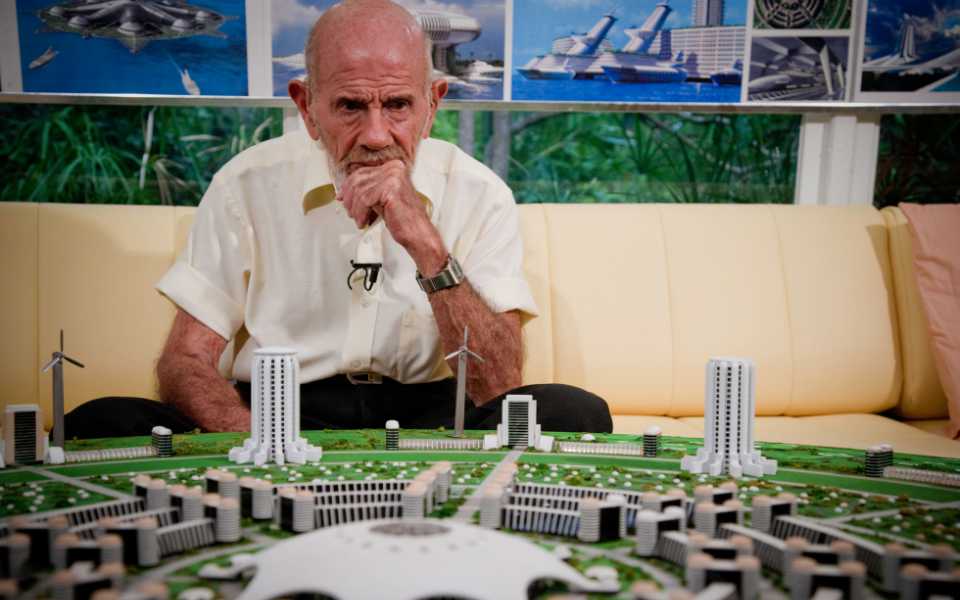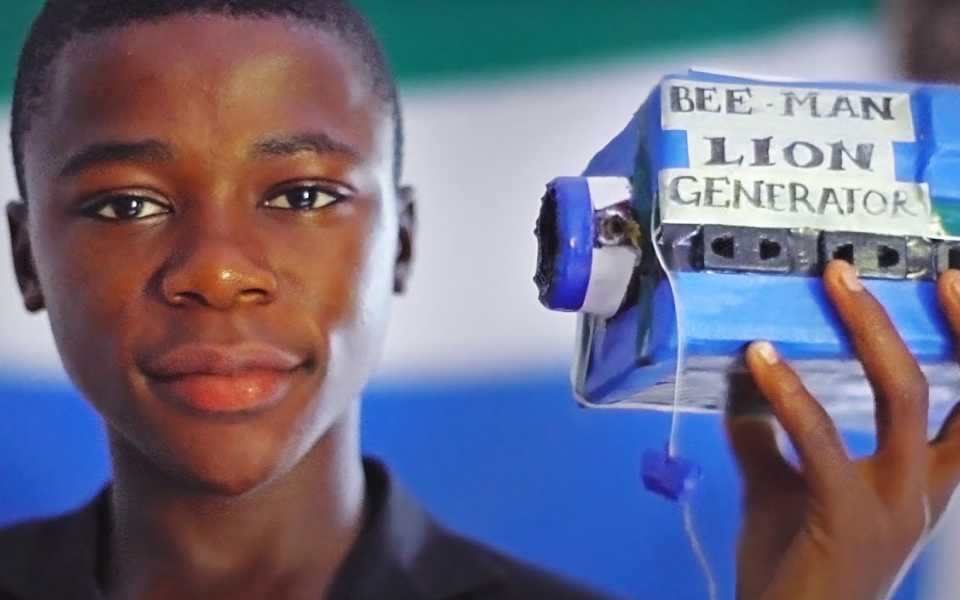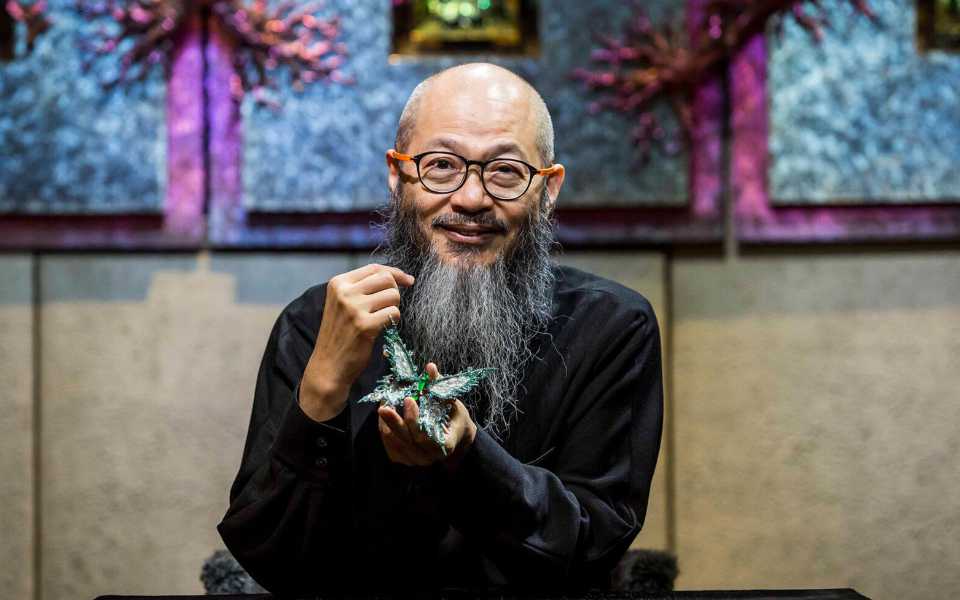School isn't the only place where people can learn stuffs, if for whatever reason (financial, health, rejection, unable to adapt)
you can attend traditional school, don't worry about it, just remember that many people have accomplished tremendous things after
dropping out from traditional school. But don't be fooled by the idea that being autodidacts is choosing the easy way. Being a successful
autodidacts required to follow some principles. Here are two basics things to have and to know before deciding to become
a autodidacts:
willing to learn and do not forget that your realizations will be your diploma.
Whit the invention of internet being a autodidacts is easier than ever. So we will call autodidacts who lived before
internet autodidacts 1.0, and those who lived and are living after autodidacts 2.0.
For the autodidacts 1.0 the only mean to access knowledge was mostly through Nature and Books, so we can imagine how
complicated it could be for them to learn; but todays a autodidacts 2.0 can have access to a vast amount of information every where and
fast just by owning a "small" computer called phone that is connected to internet and many of us have one; without
forgetting that online learning is also a real opportunity.
This observation leads us to three interesting philosophical problems, what the famous Linguist
and Philosoph Noam Chomsky has named during a conference
(Grand amphitheatre 'Marguerite de Navarre' au grand college de France: "pourvu que Birnbaum ait apporte ses sanwiches ...")
:
- Plato's problem: "How is it that humans, while having such partial information about the world, manage to know so much?"
- Orwell's problem: "How do human beings with a vast amount of reliable and available information yet know and understand so little?"
- Descartes' problem: "concerns the freedom of choice and action, unique to human beings according to him. Which is the noblest thing we have. It is illustrated by Descartes and his followers in what is called the creative use of language."
We are here to try to solve the Orwell's and Descartes' problem.
Here are some autodidacts stories to motivate and inspire you.
